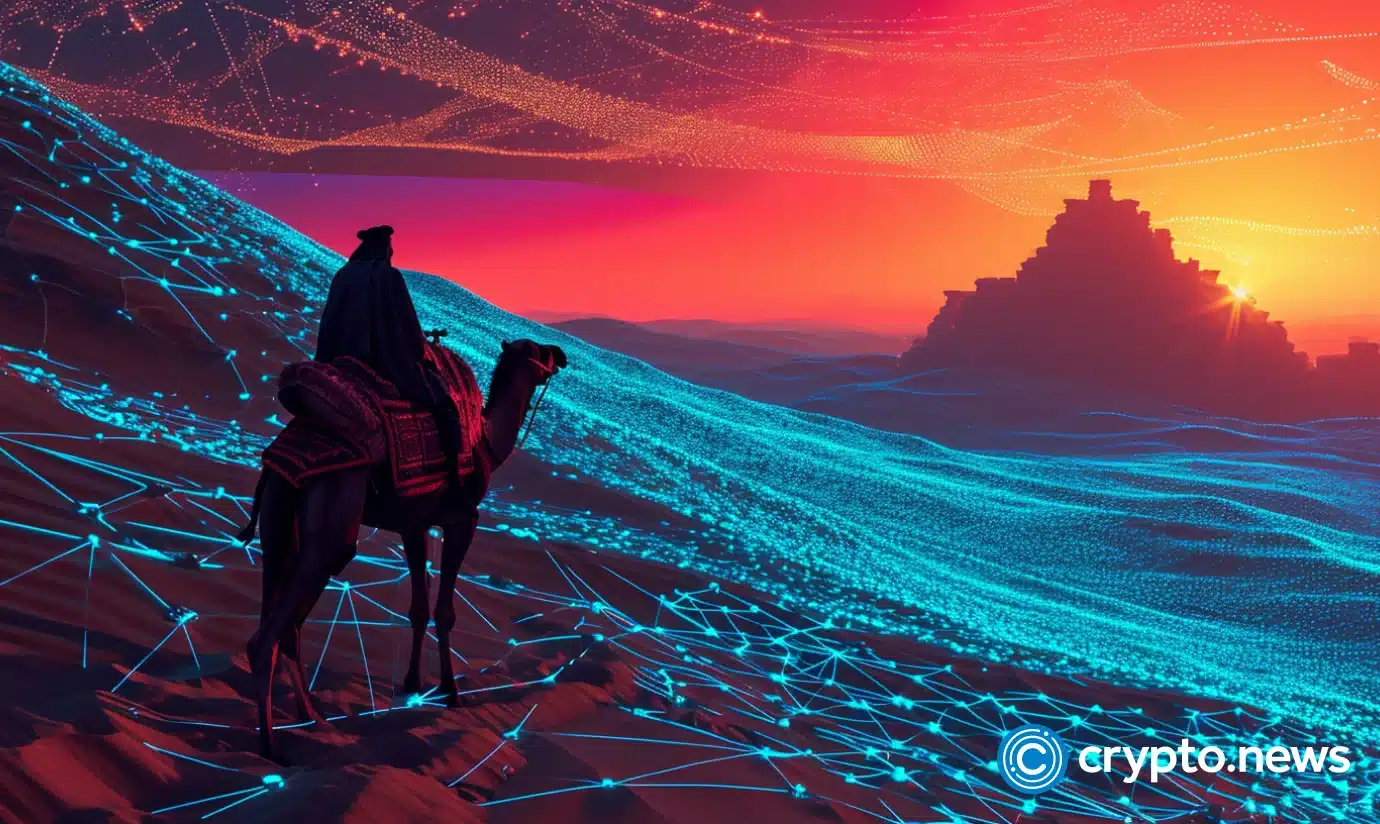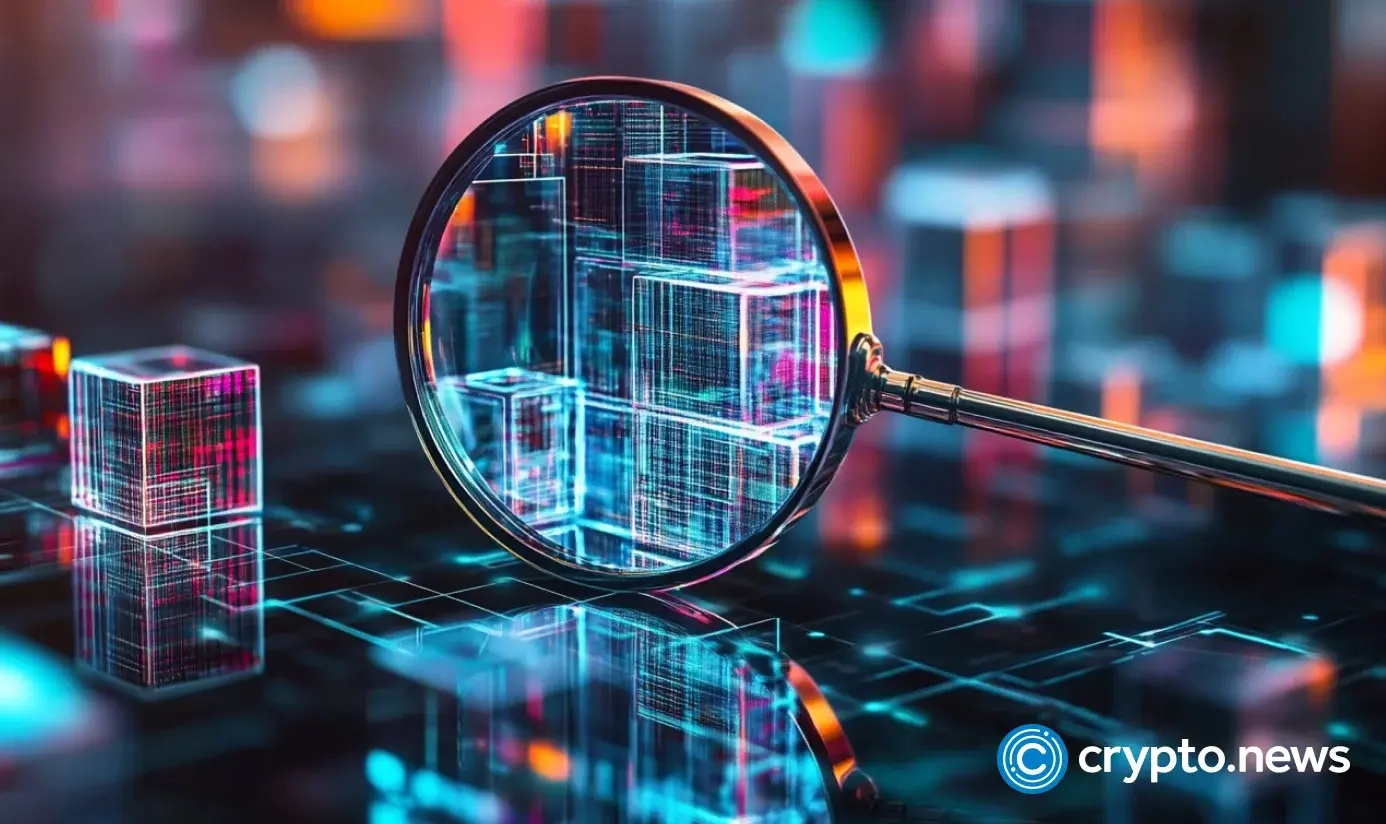Coinbase exec ‘identifies’ several Ross Ulbricht-linked wallets holding 430 Bitcoin
According to a Coinbase official, several wallets associated with Ross Ulbricht hold approximately 430 Bitcoins that have not been confiscated by the US government.
Conor Grogan, director of product strategy at Coinbase, said in a post on on January 22, it identified dozens of wallets linked to the founder of Silk Road. These wallets contain a total of approximately 430 Bitcoins (BTC), which have remained intact for more than 13 years.
“I found approximately 430 BTC in dozens of wallets associated with Ross Ulbricht that were not confiscated by the US government and had remained untouched for over 13 years. At the time, they were probably dirt wallets, but today, collectively, they are worth about $47 million,” Grogan noted.
Ulbricht left prison on January 21, 2025, following a full and unconditional pardon from US President Donald Trump. Keeping his campaign promise, Trump granted the pardon on his first full day in office after being sworn in on January 20.
The US government seized 174,000 BTC from Silk Road in 2013. Ulbricht, arrested the same year, was sentenced in 2015 to two life sentences plus 40 years for charges including operating a criminal enterprise, drug distribution and money laundering. Silk Road had used Bitcoin for transactions on its darknet marketplace.
While authorities shut down Silk Road and seized large amounts of Bitcoin, wallets containing relatively small amounts at the time appear to have been overlooked. These wallets, now worth millions of dollars due to Bitcoin’s appreciation, remain intact.
One of these wallets contains 88.77 BTC, currently valued at over $9.4 million. Some of these wallets also contain airdropped assets, such as those in Bitcoin Cash 2017 (BCH) hard fork.
Despite the substantial value of these wallets today, Grogan speculated that Ulbricht might not have access to the private keys. In response to concerns about the publication of this information, Grogan clarified:
“I’m not going to share the addresses, but they are all public (cited in the trial documents or directly adjacent) and already followed by several sources.”













Post Comment